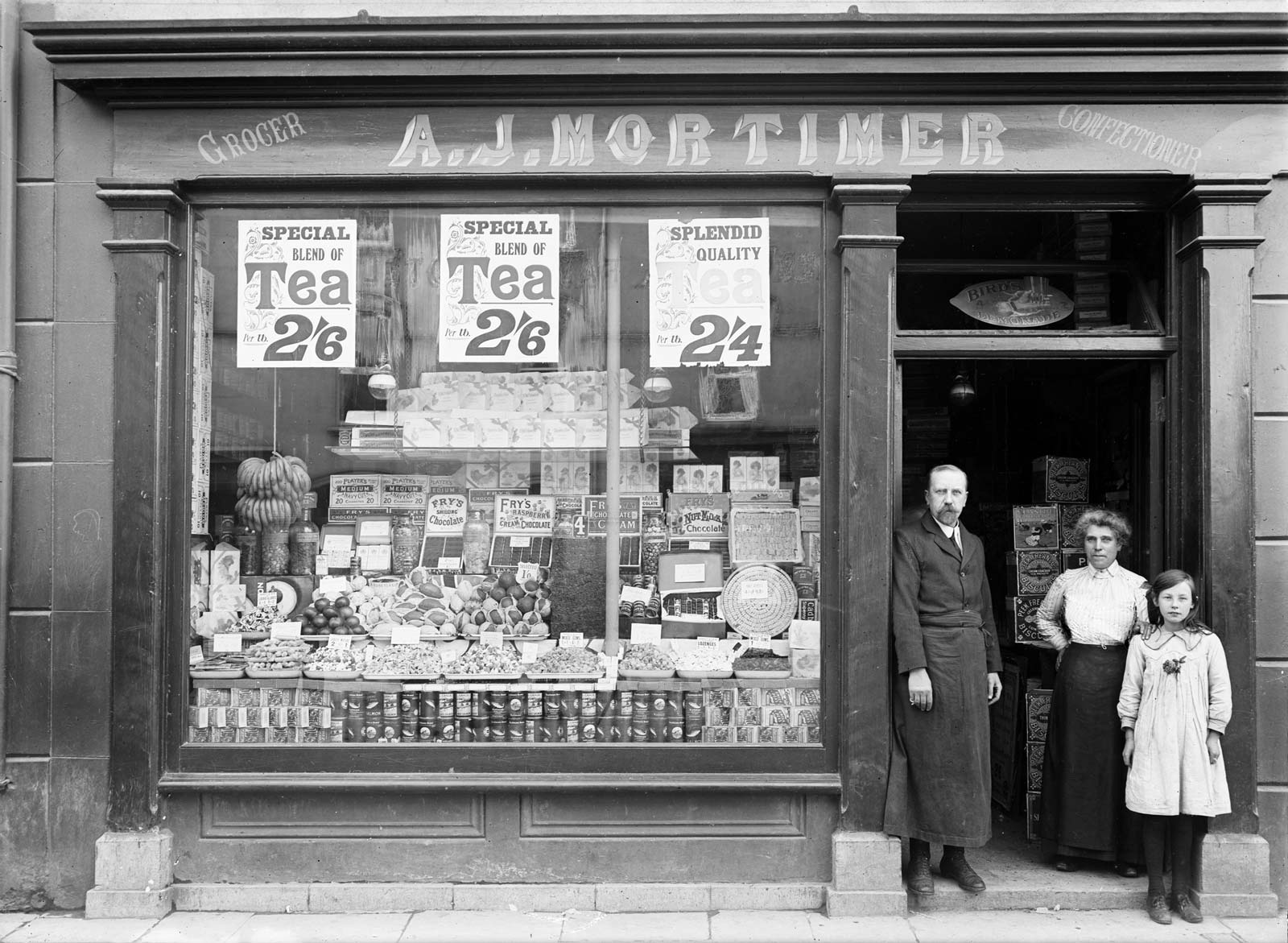Cost of living in Ireland in October 1922 nearly 90% higher than in 1914
Dublin, 2 January 1923 – The cost of living in Ireland continues to rise.
The Cost of Living Committee, appointed by the Free State government to report on the price of essential commodities, has issued its latest report for mid-October 1922. The figures show a 3.6% rise on those for June 1922.
The committee reports that the average increase in the cost of living since July 1914 is an extraordinary 88.8%. It revealed that the cost of food has increased by 94.6% since the summer of 1914. The foodstuffs for which prices were assessed in the latest report include various types of meat, fish, butter, margarine, cheese, flour, rice, tea and jam.
The impact of rising prices has been felt by all Irish people but perhaps most acutely by the unemployed. According to the Free State’s Ministry of Industry and Commerce, there were 36,693 people without work as of 18 December 1922. These figures were compiled from returns issued by unemployment exchanges and branch employment offices across the 26 counties. The returns revealed the exchanges with the largest number of unemployed to be Dublin with 10,435; Cork with 6,794; Limerick with 1,465; Waterford with 1,419; and Wexford with 1,317.
Unemployment is even greater in Northern Ireland. Approximately 261,000 working people across the six counties are covered by the Unemployment Insurance Act and as of 18 December, the percentage of unemployed covered by the acts stood at 19.75%. The sector with the largest number of unemployed in the six counties is the building trades and construction works, where 4,298 are unemployed, a rate of just over 31%. Shipbuilding, engineering and iron-founding industries followed as the next worst affected with 12,645 unemployed, a rate of 26.8%. The rate was 20.7% in the flax, linen and hemp trades where 14,573 were reported to be unemployed, including 10,788 women.
Addressing a meeting of Belfast Corporation yesterday, Councillor Alexander outlined the projects commissioned by the Improvement Committee to relieve unemployment in the city and insisted that the government was determined to tackle the issue.
[Editor's note: This is an article from Century Ireland, a fortnightly online newspaper, written from the perspective of a journalist 100 years ago, based on news reports of the time.]





















